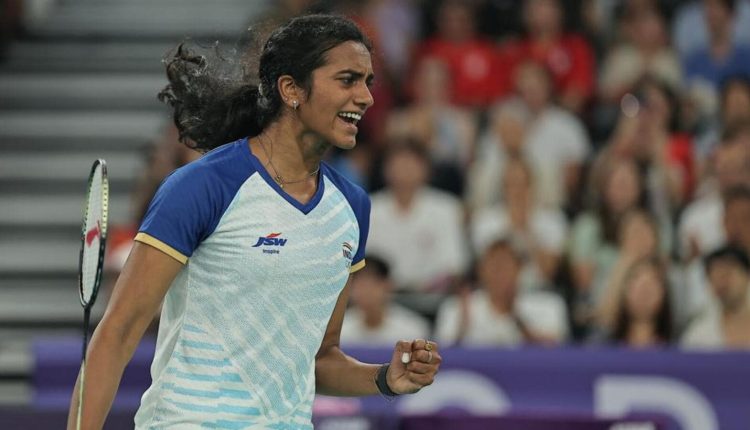Who after Saina Nehwal and PV Sindhu?
This question has hounded Indian badminton for years. While the two shuttle queens kept earning laurels at the highest stage for 18 years, a very apparent gap started appearing between the two Olympic medallists and the next generation. It was natural to assume that more young women shuttlers would follow in their footsteps but for the longest time it didn’t happen.
Even five years back while both Saina and Sindhu were ranked among the world’s top 10, there was no other Indian in the top 60 with only a couple of names finding spots in the top 100. Chief coach Pullela Gopichand has time and again harped on the lack of a structured programme and exposure for the next generation.
But all of a sudden there has been a resurgence in the Indian women’s badminton with five shuttlers — No.14 Sindhu, No.36 Malvika Bansod, No.41 Aakarshi Kashyap, No.47 Anupama Upadhyaya and No.50 Unnati Hooda – in the top 50 and a further seven between 51 and 100. At the junior level too, there are another 11 Indians in the world’s top 50.
Talented they may be, but the next gen is nowhere close to the complete package that Saina and Sindhu offered, who by their late teens had started winning top level tournaments.
“Every country goes through a bit of a gap. We have a lot of promising talent, there’s no doubt about that but to expect everyone to be at the same level as Sindhu and Saina would be a bit hard,” said Sindhu’s coach Anup Sridhar.
After earning three successive medals in as many Olympics, Indian shuttlers returned empty handed from Paris. But if the next generation is groomed properly in the new cycle, India can produce another Olympic medallist at LA 2028.
“If these girls follow the right training, get the right guidance and advice, and plan tournaments sensibly, which is extremely important, then there is a lot of potential to be tapped out of them,” added Anup.
“If that is possible to achieve then Unnati, Malvika, Anmol Kharb, Tanvi Sharma, Tanvi Patri can deliver some good results which can easily take them into the top 25.”
Southpaw Malvika created a flutter last week when she beat Paris Games bronze medallist Gregoria Mariska Tunjung and the seasoned Kirsty Gilmour of Scotland to reach the quarter-finals of the China Open, a Super 1000 event.
“Malvika and Aakarshi are 23. Now, they have to show consistency. They will have to keep delivering, only after that people, the federation and the girls themselves will get confidence,” says Sanjay Mishra, who trained this batch as junior national coach before being appointed Badminton Association of India (BAI) secretary general in 2022.
Others who have already started making a mark consists of teenagers like 19-year-old Anupama, who after winning the 2022 Nationals, clinched the Polish Open and Kazakhstan International this year.
At 17, Unnati is ranked No.50 in seniors apart from being a junior world No.5. She won the 2022 Odisha Open and 2023 Abu Dhabi Masters – both Super 100 competitions.
The brightest prospects among the other juniors are Anmol and the three Tanvis — Sharma, Patri and Andluri. The exploits of 17-year-old Anmol are well known. She punched above her weight to guide India to the Asia Team Championships gold in February. This was after she easily conquered her seniors to win the Nationals last year. The Faridabad girl also won the Belgian International and Polish International in the last two weeks to jump 22 places to world No.143.
Sharma, 15, won the Bonn International in June after ending with a silver at the U-15 Asia Championships last year. Patri, only 13, went a step further to win the Asian U-15 crown this year.
“Our main job is to take this batch to the next level. The plan for the next four years is on, in consultation with Sports Authority of India (SAI) and the chief coach. If we have 10 talented players, then we should be able to take at least 7-8 to the next level,” says Mishra.
A massive boost for the youngsters has come in the form of increased number of BWF events in India. While earlier India would only host the India Open (Super 750) and Syed Modi India International (Super 300), the last couple of years saw six more tournaments added to the calendar in the form of two Super 100 events (Guwahati and Odisha), two International Challenges (Hyderabad and Raipur) and two junior tournaments (Hyderabad and Pune).
“It’s a big opportunity for Indian players to perform and improve their rankings. We are aiming to provide all facilities and fulfil their requirements. We are planning to have a pool of players so that there’s no gap between the current generation and the next,” said Mishra.


